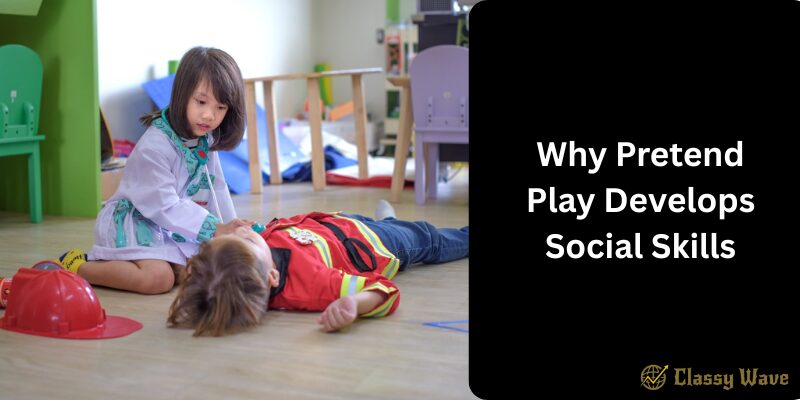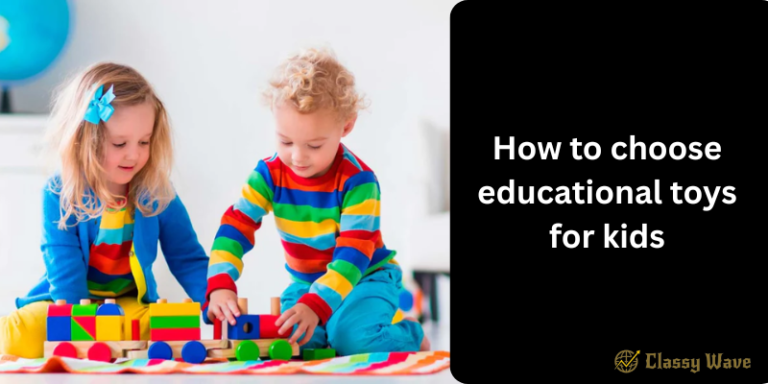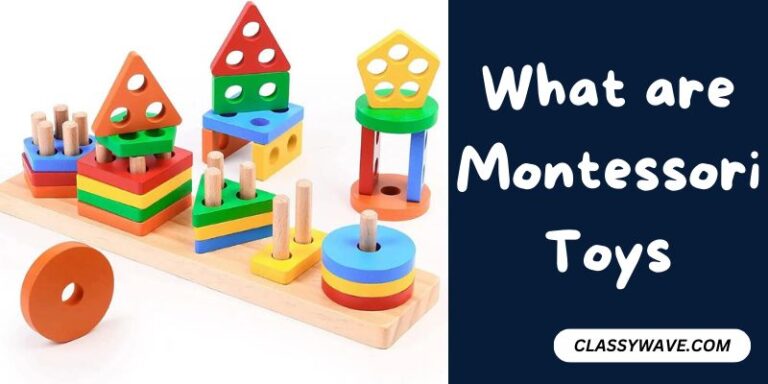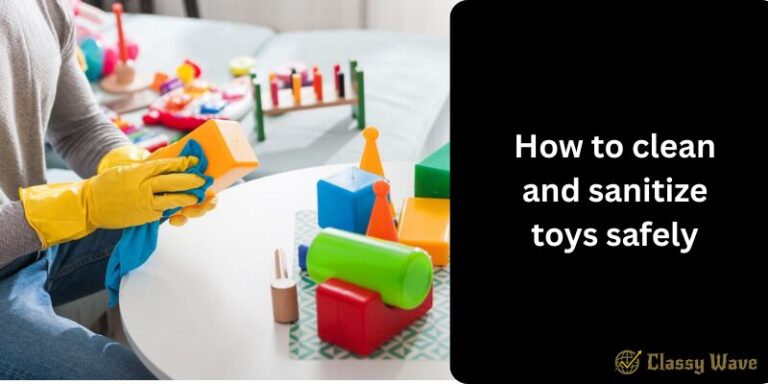Why Pretend Play Develops Social Skills | Classy Wave
Have you ever watched children pretending to be doctors, chefs, or superheroes? That’s more than just playtime — it’s how they learn about the world and develop key social skills. Pretend play, also known as imaginative or role play, allows children to explore emotions, relationships, and problem-solving in a safe and creative way. It’s not only fun but essential for building strong social and emotional foundations.
What Is Pretend Play?
Pretend play happens when children use their imagination to act out real-life situations or fantasy roles. They might “cook dinner” in a toy kitchen, “teach” their stuffed animals, or “go shopping” with play money. Through these playful acts, they experiment with communication, cooperation, and empathy — all of which are core components of social development.
The Connection Between Pretend Play and Social Skills
Pretend play gives children a unique way to interact and understand others. It encourages them to think beyond themselves and consider different perspectives. By playing roles, they learn how people think, feel, and respond — vital for developing empathy and social awareness.
Let’s break down how this works:
1. Builds Communication and Language Skills
When children play pretend, they talk — a lot! Whether they’re giving instructions, negotiating roles, or describing a scenario, they expand their vocabulary and learn how to express themselves clearly. This practice improves both verbal and non-verbal communication.
2. Encourages Cooperation and Teamwork
Pretend play often involves more than one child. To make the play successful, kids must take turns, listen to others, and agree on storylines. This helps them understand teamwork, compromise, and how to navigate social rules — all in a natural, playful setting.
3. Develops Empathy and Emotional Understanding
When a child pretends to be a doctor caring for a patient or a parent comforting a “crying” doll, they practice understanding and responding to emotions. This kind of role-playing teaches compassion and helps children recognize feelings in themselves and others.
4. Enhances Problem-Solving Skills
Pretend play is full of mini challenges — who plays which role, what happens next, or how to “fix” a pretend problem. Working through these issues builds flexibility and creativity in thinking, which are essential for real-life social interactions.
5. Strengthens Self-Confidence
By taking on different roles and completing tasks in their play world, children gain confidence in their abilities. They learn that their ideas matter and that they can lead or contribute to group situations — both of which boost self-esteem and social readiness.
How Parents and Teachers Can Encourage Pretend Play
Creating opportunities for pretend play doesn’t require fancy toys or big spaces. Here are some simple yet powerful ways to encourage it:
- Provide open-ended toys: Items like blocks, dolls, costumes, or play kitchens spark imagination.
- Join their play: Sometimes, joining in as a “customer” or “student” helps children expand their stories and communication.
- Offer props and real-life items: Old phones, bags, utensils, or notebooks can inspire creative play scenarios.
- Encourage group play: Invite siblings or friends to join — the social interaction makes the play richer and more educational.
Pretend Play and Emotional Intelligence
Pretend play helps children understand emotions beyond their own experiences. By acting out different characters, they learn how to identify and manage emotions like anger, happiness, or disappointment. Over time, this leads to better emotional regulation and stronger relationships.
The Role of Imagination in Social Development
Imagination allows children to visualize possibilities and outcomes. It’s the foundation of empathy — the ability to imagine what someone else is feeling. When children play together, they combine their ideas, creating stories that reflect cooperation, trust, and shared goals.
Benefits Beyond Childhood
The social skills learned through pretend play extend well into adulthood. Problem-solving, communication, and teamwork are all essential skills in school, the workplace, and personal life. Pretend play lays the groundwork for these abilities early on, helping children grow into emotionally intelligent, confident adults.
Conclusion
Pretend play is much more than simple fun — it’s a powerful tool for social growth. Through imagination and creativity, children learn to communicate, empathize, and collaborate with others. Every time they “pretend” to be someone else, they’re actually learning how to understand people in the real world.
So next time you see your child lost in imaginative play, remember — they’re not just pretending. They’re building the skills that will help them thrive socially for a lifetime.







